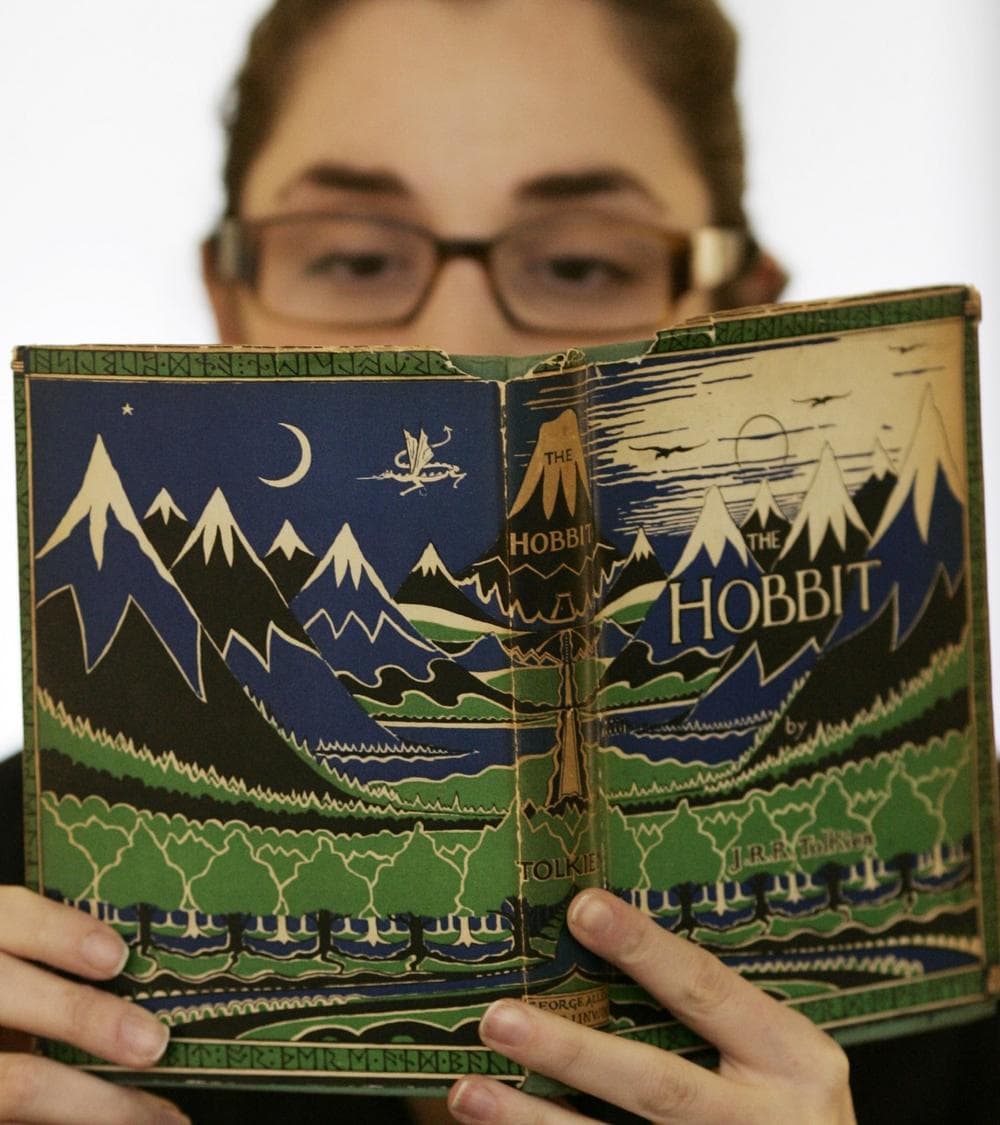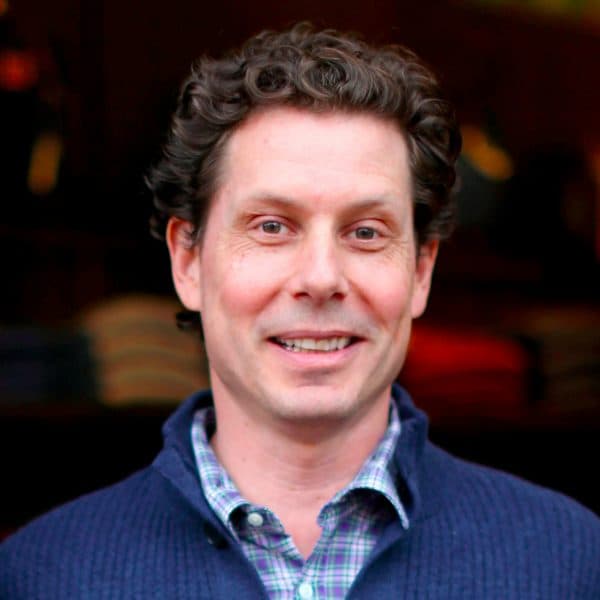Advertisement
Why 'The Hobbit' Matters
Unless you've been living as an oppressed orc in some dark corner of Mordor, you probably know that the first installment of Peter Jackson's Hobbit movies, "The Hobbit: An Unexpected Journey," opens today. [Watch the trailer below]
Now, think what you want of Jackson as a filmmaker. Many adored his adaptations of J.R.R. Tolkien's "The Lord of the Rings"; others found them loud, over-dramatic and pointless. Whatever your opinion, it's clear that Jackson has tapped into a national and worldwide yearning for these fantasy epics. His "Rings" trilogy ushered in a new generation of storytelling, made Gandalf and Gollum household words, and minted its own currency of franchise gold, racking up $2.9 billion worldwide.
Tolkien's stories reset our internal compasses and the circuits connected to our inner natures. They remind us what the good fight is, and how to fight it. They remind us about bravery, sacrifice, fellowship. They say, go on an adventure. Take a risk.
Of course, it all goes back to Tolkien. The nerdy Oxford professor and amateur storyteller set the stage when he published "The Hobbit" 75 years ago. Were it not for Tolkien, we would not have the success of other fantasy franchises today — novels, video games, TV series, theme parks — based on the worlds built by authors such as George R.R. Martin, J.K. Rowling and other writers who pepper their nom de plumes with initials like "R" and "K."
Whether in literary or cinematic form, these fantasies fill a desire. We need innocent heroes like hobbits. We need to follow Bilbo and Frodo Baggins' hair-footed steps across strange lands and go on adventures with them.
Our survival as a human race depends on them. Really. Not just in Tolkien's intricately imagined world, Middle-earth, but on this earth, too.
People tend to dismiss fantasy and science fiction and other fringe genres as inconsequential. They say, this is Never Never Land. What happens down the rabbit hole or through the wardrobe or in the dark future of the zombie apocalypse doesn't matter. It doesn't touch us. It's just, well, fantasy.

But genre stories do matter. They're our sandbox. We get to play in their realms, and work out ideas, dreams and fears. Science fiction tends to imagine a pessimistic, cautionary future. This is what will happen after we've polluted the planet and the robots have taken over. So, hey, let's imagine a different path, on this earth, or some new planet. Before it's too late.
Tolkien's Middle-earth tales offer another salve. "The Hobbit" and "The Lord of the Rings" are no mere escapes. Rather, the struggles of Tolkien's now iconic characters instruct us how to live. Do you feel like the wizard Gandalf, your brow full of worry, searching for answers to questions you barely understand? Who is tortured like Gollum by a secret addiction? Any Bilbos or Frodos out there — meek and humble folk who secretly need to find their inner heroes, become brave and save the day?
It doesn't hurt that via these adventures in an unspoiled, natural, pre-industrial world, we get to travel back (or sideways) to a place where you and I, too, might experience wonder, magic and danger. What happens in our own 21st-century lives, while chaotic and unpredictable, tends to be explained by science, medicine and Google. Niggled to death by seemingly inconsequential details — parking, bills, shopping — we have lost our capacity to think in broader terms about how to live, or by what principles, or what could make us happy and fulfilled.
Our daily, hourlong commutes in bumper-to-bumper traffic hardly seem the stuff of epic tales.
Genre stories do matter. They're our sandbox. We get to play in their realms, and work out ideas, dreams and fears.
In this regard, Tolkien's stories reset our internal compasses and the circuits connected to our inner natures. They remind us what the good fight is, and how to fight it. They remind us about bravery, sacrifice, fellowship. They say, go on an adventure. Take a risk.
Tolkien didn't invent the heroic epic genre. Folktales, Icelandic sagas, Norse myths, Arthurian legends and other storytelling traditions have offered similar instruction. But Tolkien revived it, and made this kind of old-fashioned narrative nerdy-cool again. Peter Jackson took up his mantle. How to be a hero, how to be courageous, how to be a good man or woman — or elf, dwarf or hobbit.
“The world is not in your books and maps — it's out there,” Gandalf admonishes Bilbo early on in "The Hobbit," trying to scoot him out the door with the 13 dwarves. Substitute "books" and "maps" for "iPads" or "spreadsheets" or "Top Chef" and you see my point.
There's a quest we all can go on, whether big or small, whether fueled by revenge or fired by loyalty. There's a dragon in all of us that needs to be defeated. The lesson of J.R.R. Tolkien is, have a big heart. Make friends. Find a fellowship and go defeat it.
Then, when you're done, sit around the fire and tell great tales and sing great songs about what you've done.
Related:

